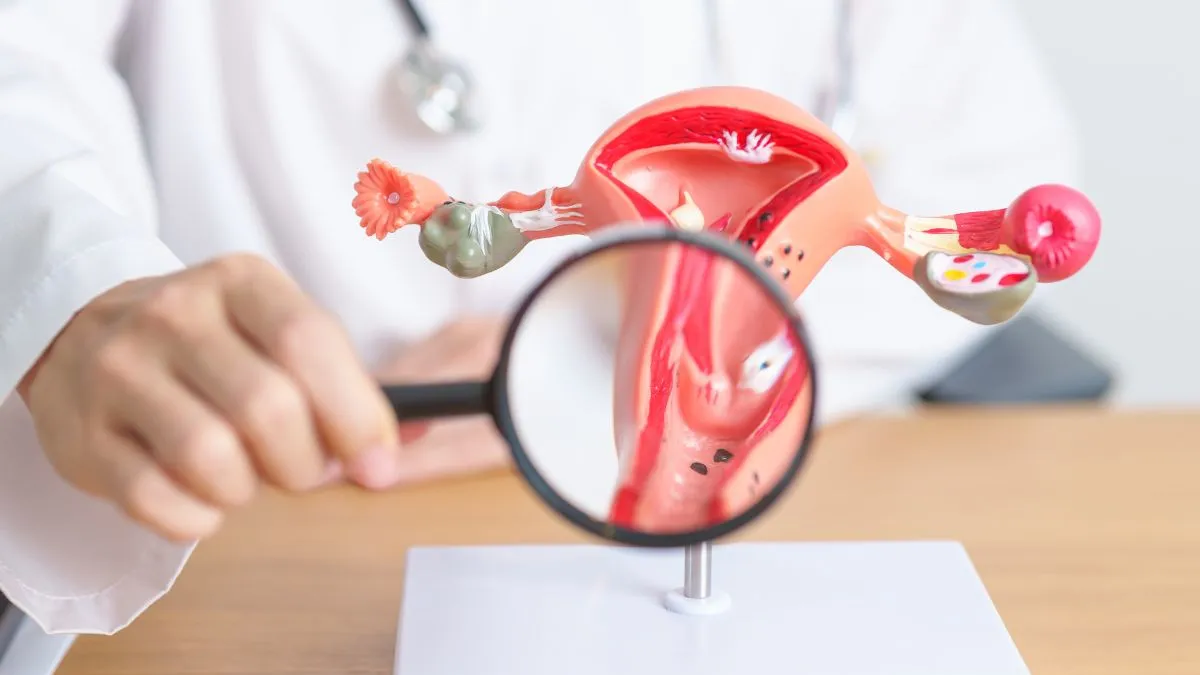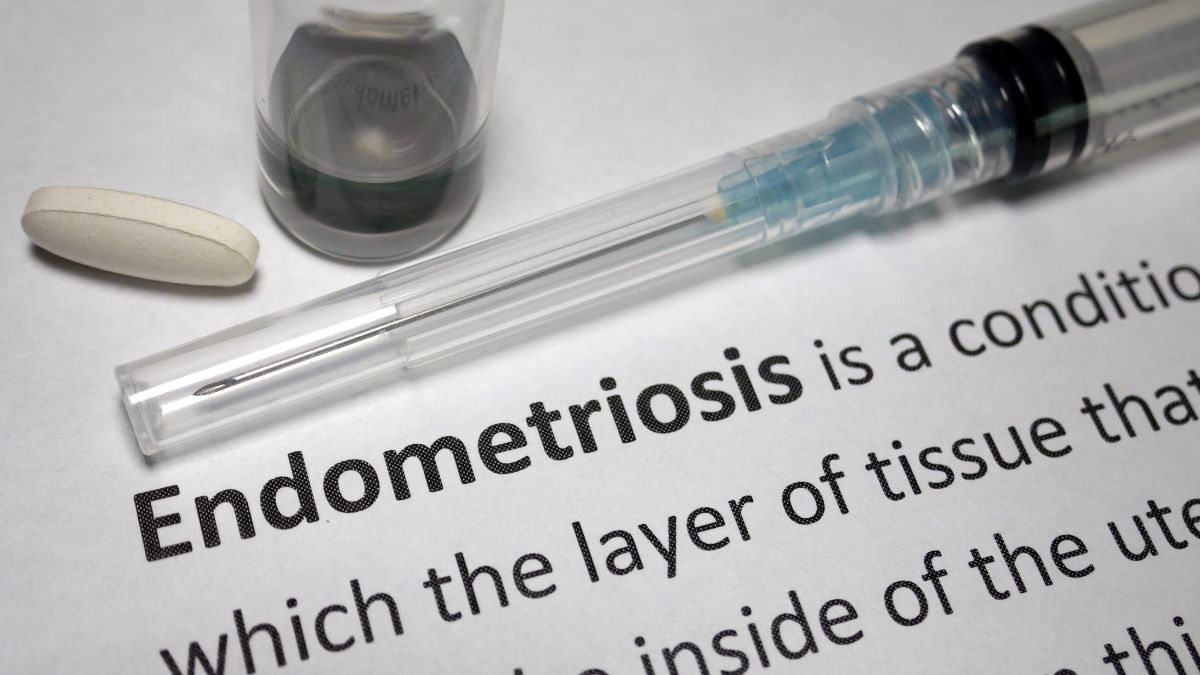
Endometriosis is a somewhat mysterious and often debilitating condition that affects millions of women worldwide. But is it genetic or not? This question troubles many! We got in touch with our expert, Dr Smeet Patel, Endometriosis Specialist at Mayflower Women’s Hospital in Ahmedabad. She shared some insightful inputs on this topic, including the key contributing factors of this condition. Read on to learn more.
Dr Patel said, “Endometriosis is a complex gynaecological condition where tissue similar to the uterine lining grows outside the uterus, leading to chronic pelvic pain, heavy menstrual bleeding, and infertility. While the exact cause is still unclear, research shows that both genetic and environmental factors influence its development, especially the potential familial aspect of the condition.”

“Women with a first-degree relative, such as a mother, sister, or aunt, diagnosed with endometriosis are at a higher risk of developing the condition themselves. Large-scale genetic studies have identified several regions of the genome linked to endometriosis,” she added.
The expert mentioned, “A recent study involving over 60,000 afflicted women and nearly 700,000 healthy women reported 42 genomic regions associated with an increased risk for the disease. These findings highlight the biological mechanisms that could lead to breakthroughs in treatment or prevention.”
“Certain genes have been associated with endometriosis. A mutation in the VEZT gene, which regulates cell adhesion, has been linked to the disease. Additionally, variations in the WNT4 gene, essential for female reproductive system development, also increase the susceptibility to endometriosis. These discoveries emphasise that although genetic predisposition is important, it does not act in isolation,” she continued.
Don't Miss: Expert Says How You Can Use Coconut Milk For Hair Growth
Dr Smeet explained, “The role of epigenetics — heritable changes in gene expression that do not modify the DNA sequence itself must also be considered. Environmental factors, like exposure to endocrine-disrupting chemicals, can trigger epigenetic changes, affecting the onset and progression of endometriosis. This interaction between genetics and the environment highlights the complexity of the disease, suggesting that it may rather be caused by a mix of inherited traits and external influences.”

The doctor states, “While endometriosis has a hereditary aspect, it is not just a genetic condition. A family history may raise the risk, but environmental exposures and epigenetic changes are equally crucial in determining the disease's course. Scientists are striving to unravel these complex interactions, which could lead to improved diagnostic tools and more effective treatments. Understanding this intricate balance of factors provides hope for those living with endometriosis and those who might be at risk of inheriting it.”
“Consider speaking with the women in your family to learn about your family's history with endometriosis and encourage them to get a basic screening to determine if they are at risk. Being aware early on and detecting the condition can help manage it effectively,” concluded the expert.
Don't Miss: World Leprosy Day: 6 Key Signs to Spot Early for a Timely Diagnosis
If you liked this story, then please share it. To read more such stories, stay connected to HerZindagi.
Also watch this video
Herzindagi video
Our aim is to provide accurate, safe and expert verified information through our articles and social media handles. The remedies, advice and tips mentioned here are for general information only. Please consult your expert before trying any kind of health, beauty, life hacks or astrology related tips. For any feedback or complaint, contact us at [email protected].